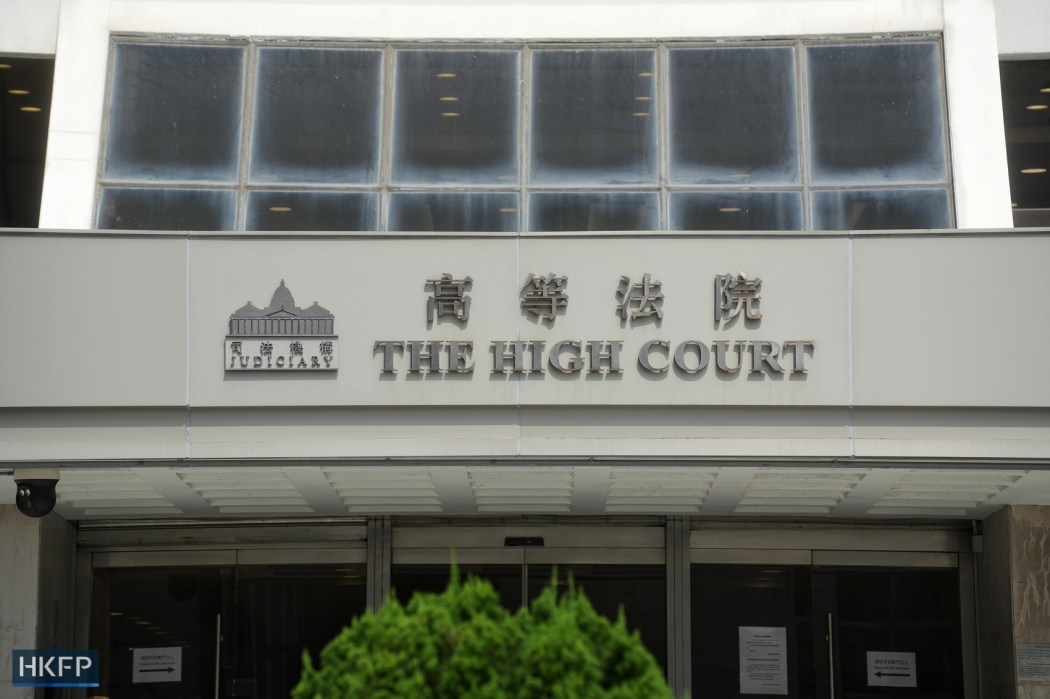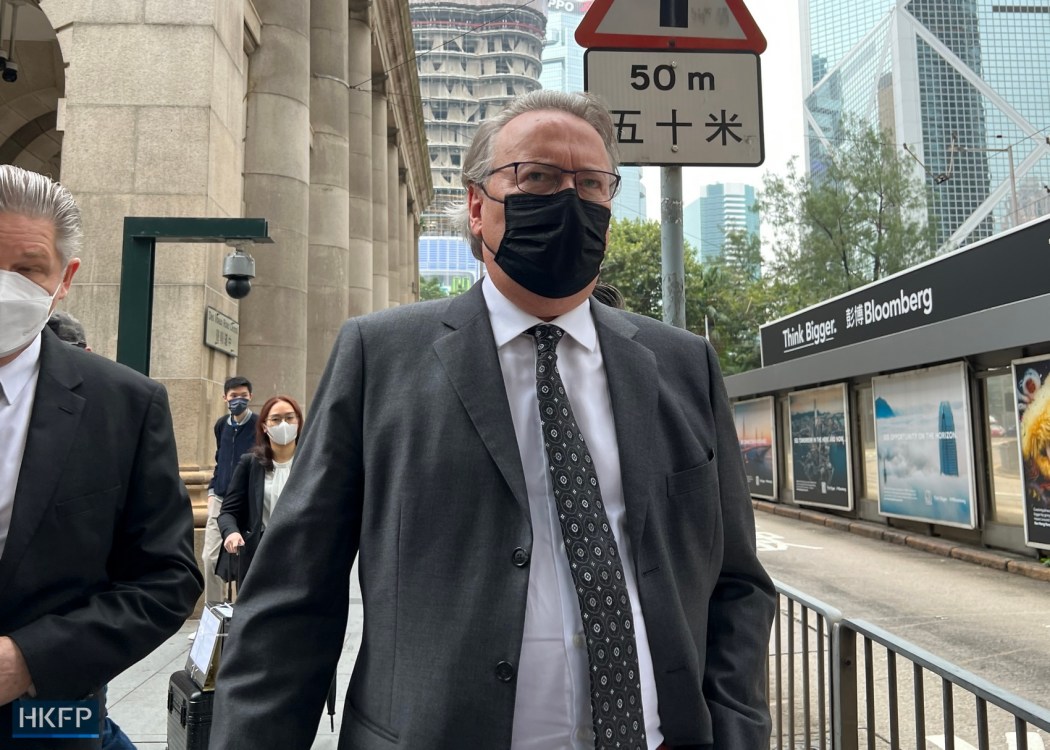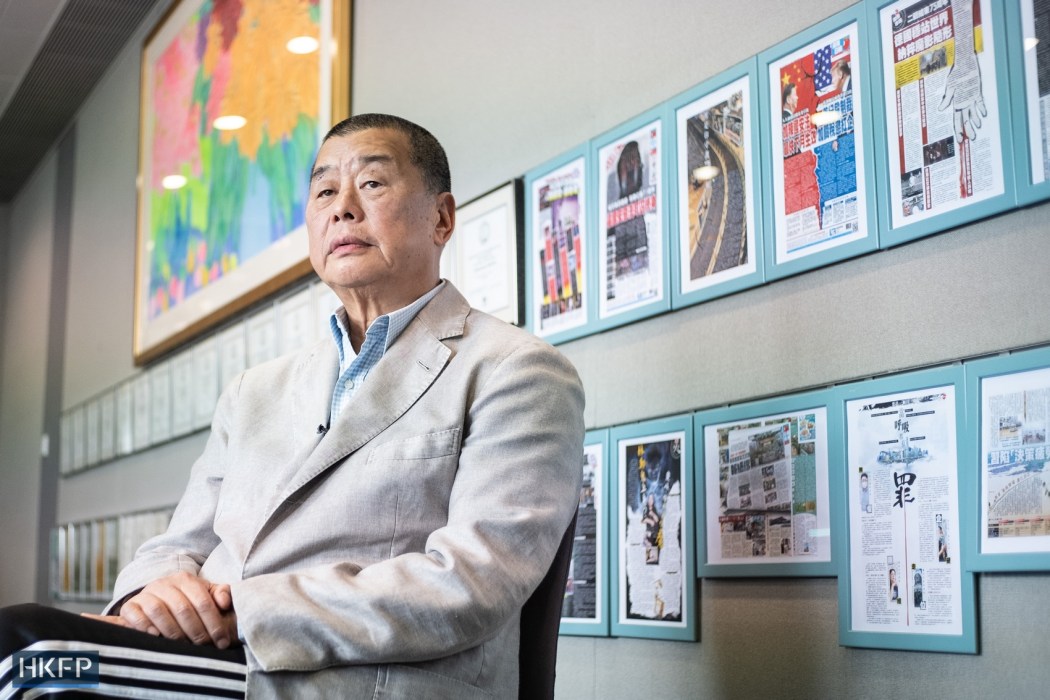A Hong Kong court has upheld a lower judge’s decision that the city’s courts do not have jurisdiction over the national security committee, effectively barring media mogul Jimmy Lai from challenging the government after it forbid him from hiring a British lawyer for his trial.

Three Court of Appeal judges sided with the High Court judge’s decision, per a written judgement published on Monday. Lai’s lawyer Philip Dykes had construed the relevant text in the national security law, as well as the interpretation Beijing issued in December 2022, in a “contrived manner,” the judges wrote.
The appeals court’s judgement stemmed from Lai’s attempt to hire British lawyer Timothy Owen two years ago to represent him in his now-ongoing national security case. The government made several attempts to block the hiring, but the Court of Final Appeal ultimately ruled in favour of Lai and allowed Owen to represent the mogul.
The government then requested Beijing to issue an interpretation of the law. The interpretation empowered the national security committee – chaired by Chief Executive John Lee – to vet overseas lawyers participating in national security cases, meaning Lai could not hire Owen to represent him.

The national security committee then decided last January that Owen’s representation of Lai would harm national security, and advised immigration authorities to deny visa applications from Owen for the case.
The national security legislation was inserted directly into Hong Kong’s mini-constitution in June 2020 following a year of pro-democracy protests and unrest, criminalising subversion, secession, collusion with foreign forces and terrorist acts.
Security decisions ‘not amenable’
According to the judgement handed down on Monday, the “combined effect” of Article 14 of the national security law and Beijing’s interpretation “leaves no room for any doubt or ambiguity.”

Article 14 states: “No institution, organisation or individual in the Region shall interfere with the work of the Committee. Information relating to the work of the Committee shall not be subject to disclosure. Decisions made by the Committee shall not be amenable to judicial review.”
“The meaning of the language is not reasonably capable of sustaining any competing alternative interpretation,” Monday’s judgement reads.
Court of Appeal judge Susan Kwan said last week, when the judges rejected Lai’s challenge, that the court was “all bound up and tied” by Beijing’s interpretation of the security law.
Lai, 76, is standing trial on two counts of conspiring to collude with foreign forces under the Beijing-imposed national security law and one count of conspiring to publish “seditious” materials.

He has pleaded not guilty to all three charges and could be sentenced to life behind bars if convicted.
Dykes had argued that residents had a constitutional right – upheld by the security law itself – to challenge the government’s decisions through judicial reviews. Judicial supervision of executive decision-making is not ‘interference,’ he said, according to the written judgement.
Hong Kong’s “patriots-only” legislature unanimously passed a bill last May to let the city’s leader, who chairs the city’s national security committee, to bar overseas lawyers from security cases.
Support HKFP | Policies & Ethics | Error/typo? | Contact Us | Newsletter | Transparency & Annual Report | Apps
Help safeguard press freedom & keep HKFP free for all readers by supporting our team
























